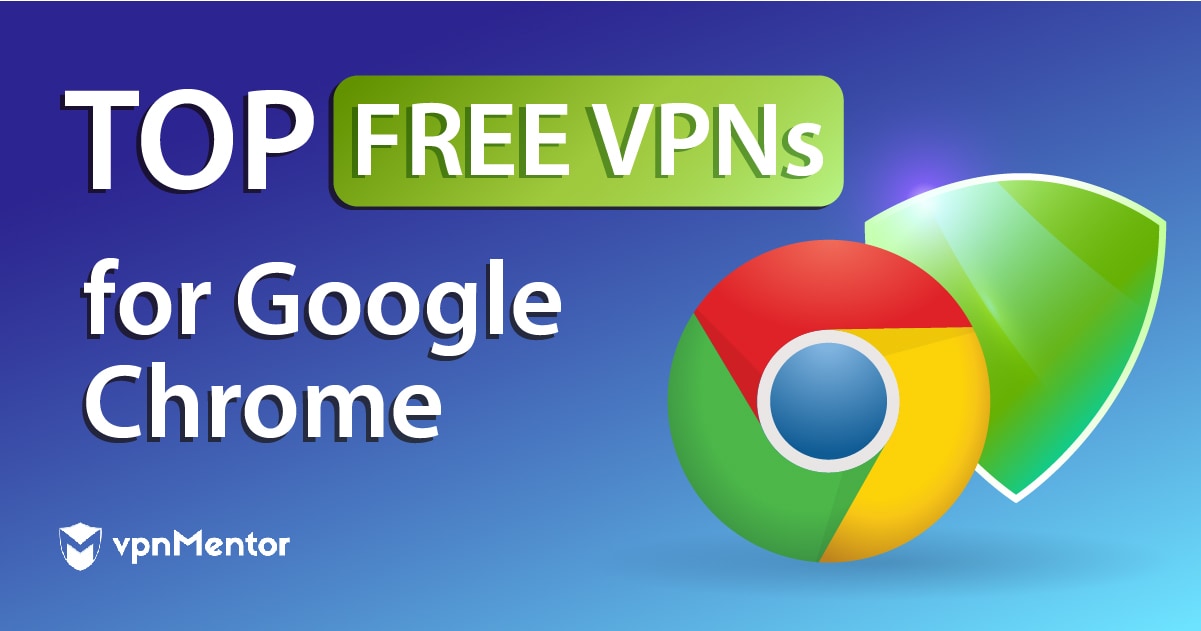

You can forget about data leaks – your logins, passwords, and credit card details are safely guarded.īrowsec’s free servers make it possible to connect to sites as if you were in the US, the UK, the Netherlands, Singapore, and more. With this extension, your data is safe, thanks to the top-notch protection protocols. Browsec shields your real IP address and location so that you can unblock restricted content in your area. You can change your IP any time you want. With this VPN add-on, you can protect your browser from external threats, hide your IP, and visit any website you need. 2.Get unlimited access to any site with Browsec VPN for Firefox. You can read more about the differences between VPNs and proxies in our in-depth guide. We like to see them as aligned as possible, ideally identical, and for the privacy policy to be as close to zero-logs as possible. On top of that, we inspect the VPNs privacy policy for any differences between its full app and browser extension. Those that offer less robust encryption like SSTP have a lower rating, but are still preferable over a proxy. We look for encryption protocols like OpenVPN and WireGuard and ciphers like AES-256. Proxies leave your data open to prying eyes. While proxies can unblock websites by changing your IP like a VPN does, a VPN is different (and superior) because it works at a device-level and encrypts all the data flowing through your device.

VPN encryption is what sets a browser extension apart from a low-level proxy, or spoofer. We Recommend: Industry-standard encryption of traffic and a clear logging policy. Minimum Requirement: An extension that encrypts traffic. Keep in mind that if you log into a web service, like Gmail or Twitter, you’ll no longer be anonymous even if your VPN is running. You can change IP address without having to open the VPN application. A browser VPN is instantly accessible as you’re browsing the web. This includes ad and malware blockers as well as WebRTC leak protection.Īlso, many people find VPN extensions easier to use, too. However, a Firefox-specific extension comes with additional features that make using one convenient. If you already use a VPN on your desktop computer, you don’t necessarily need a VPN browser add-on, as your traffic will still go through the encrypted VPN tunnel. No browser can do this, and it ensures your online searches remain private. They mask your real IP address with a fake one. VPNs encrypt all internet traffic flowing through your device. Private Browsing also doesn’t protect you from keyloggers or spyware that may be installed on your computer.” Your internet service provider, employer, or the sites themselves can still gather information about pages you visit. “Private Browsing doesn’t make you anonymous on the internet. However, just browsing the web with Firefox won’t protect your online privacy and security – you can still be tracked or hacked.Įven Firefox’s Private Browsing – which erases passwords, cookies, and history – doesn’t make you completely safe. With some configuration, we recommend Firefox as the best browser for privacy. There’s some truth to the statement above. You’ll find information on Firefox extensions, price, streaming capabilities, additional security features, and more.įirefox has a reputation for being more privacy-friendly than Google Chrome. You can compare the top VPNs for Firefox using the comparison table below. We’ve chosen them based on their security standards, ability to unblock streaming services, and number of VPN server locations. Most are just web proxies that don’t encrypt your data transfers, and many also log your browsing data.Įxcept for Windscribe, all the Firefox extensions above are full VPNs. Sadly, there are many VPN add-ons not worth your time.


Based on our latest browser tests, the best free and paid VPN extensions for Firefox are:


 0 kommentar(er)
0 kommentar(er)
